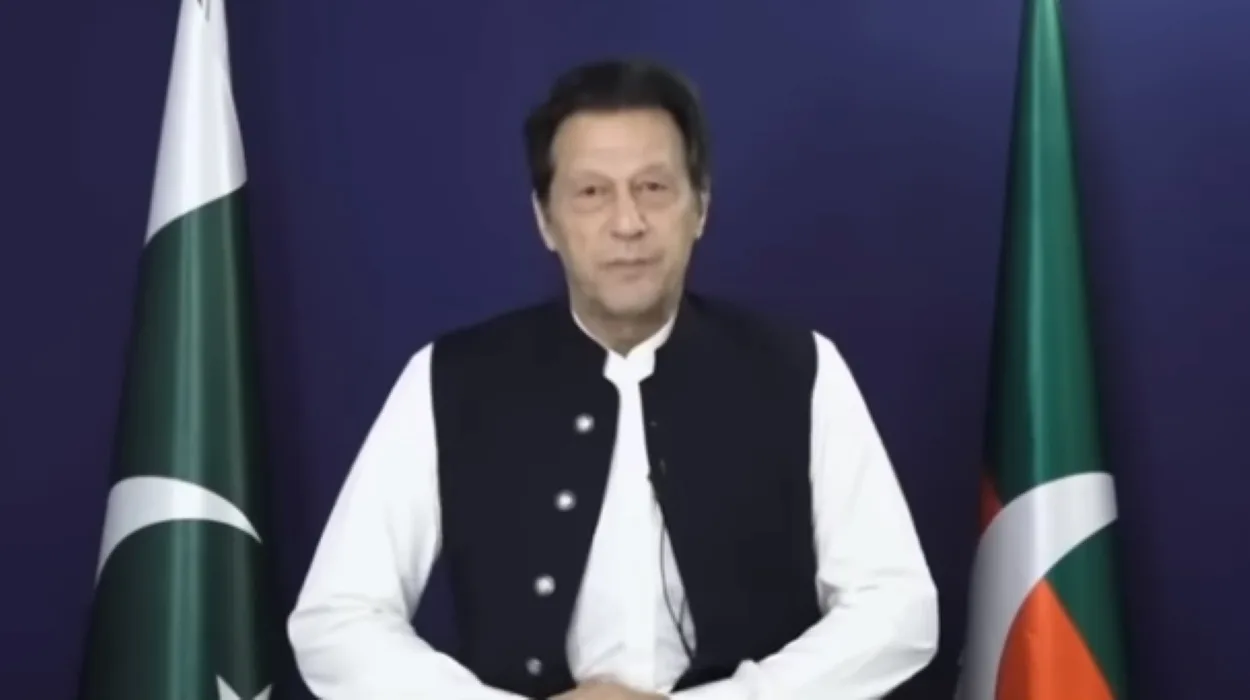Newly surfaced 2018 email exchanges attributed to financier Jeffrey Epstein suggest he voiced explicit doubts about Pakistan Tehreek‑e‑Insaf (PTI) founder and former Prime Minister Imran Khan. He was particularly concerned about the nation’s nuclear program.
In these correspondences, Epstein is said to have described Imran Khan as “bad news.” He linked his concerns to Pakistan’s nuclear arsenal. The messages reportedly circulated among Epstein’s associates during the same period Khan assumed office as Pakistan’s prime minister.
Jeffrey Epstein in 2018 was claiming that @ImranKhanPTI was “really bad news,” citing Pakistan’s nuclear weapons. The State Dept pushed him out of office with help from the Pakistani military in 2022. pic.twitter.com/isDA4dePMj
— Ryan Grim (@ryangrim) November 14, 2025Researchers analyzing these emails have noted Epstein’s apparent attempt to depict Khan as politically risky. He was compared with leaders such as Recep Tayyip Erdogan, Xi Jinping, and Vladimir Putin. The communications also show Epstein referencing global political instability and potential risks tied to regional power shifts in South Asia.
Read: The Economist Profiles Bushra Bibi’s Influence During Imran Khan’s Government
Epstein’s emails occasionally contained exaggerated or unverifiable personal claims about his purported links to individuals associated with Khan. Analysts caution that such assertions should be treated with scepticism, given Epstein’s reputation for inflating his influence among elites.
🚨 New Jeffrey Epstein emails from July 2018 show him reacting to Former Pakistan PM Imran Khan. Epstein calls him “a much greater threat to peace than Erdogan, Khomeini, Xi or Putin,” referring to the leaders of Turkey, Iran, China and Russia. Later in the exchange he calls Khan… pic.twitter.com/xx8KUogL6b
— Insider Paper (@TheInsiderPaper) November 15, 2025While some reports have connected Epstein’s correspondence to intelligence‑related speculation, no verified evidence directly ties these emails to any coordinated geopolitical effort against Khan. However, observers note that Khan’s eventual ouster in 2022 amid tensions with Pakistan’s military and diplomatic friction with Washington sparked renewed debate. This debate was about Western involvement in South Asian politics.






